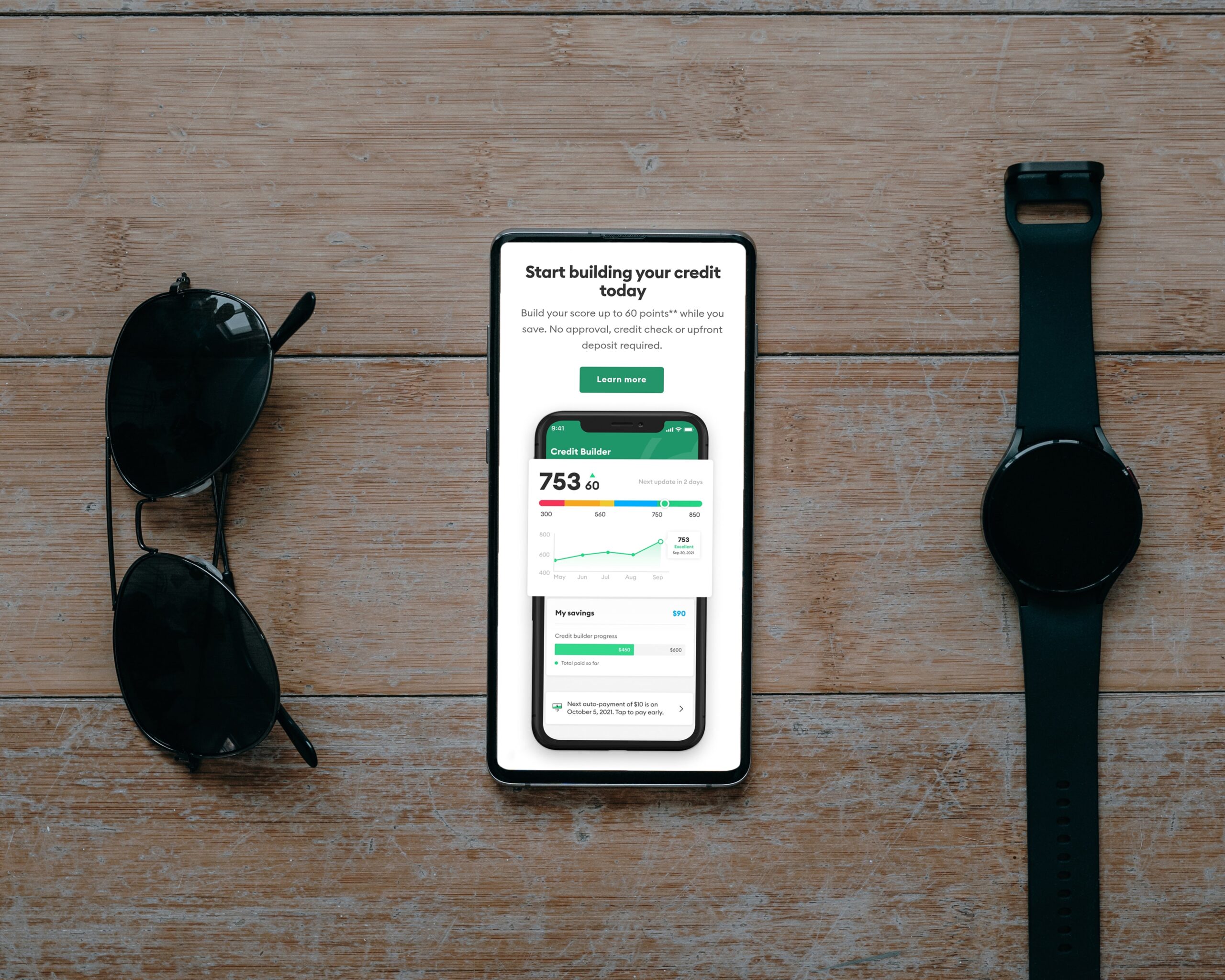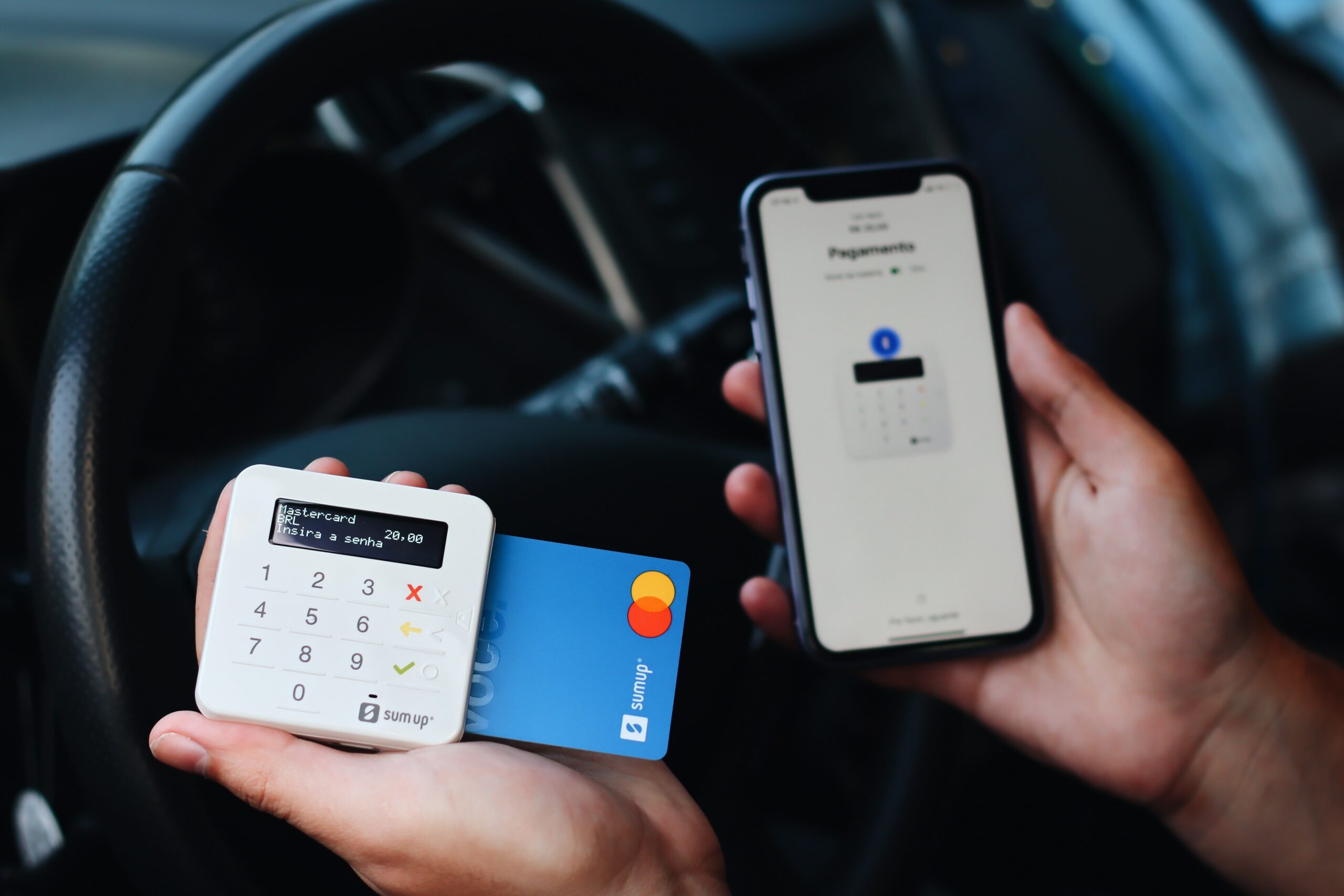Nobody likes debt, but it is all too easy to fall into it. There could be several explanations for this unintentional slip, but everyone can agree that it is not a favorable location. When you are in debt, you may look for numerous financial solutions to help you get out of debt as quickly as possible.
Depending on the circumstances, numerous tools can assist you in resolving the issue. Debt consolidation is one such financial strategy that can help you manage your debts and make repayment more manageable.
You must take out a new debt consolidation loan with a lower interest rate under this financial instrument. It combines all of your debts into a single, manageable burden. You will have to pay a lower interest rate to a single lender, which can lower the total amount.
Each lender may have different requirements for debt consolidation loans. To determine your ability to repay the loan, every lender will consider your income, debt-to-income ratio, and credit score. To qualify for the loan, you must have a credit score of at least 650. What can you accomplish with a credit score of around 600?
Ways to get a debt consolidation loan if you have terrible credit.
Although a credit score of 600 or above is required to qualify for a debt consolidation loan, some lenders may accept a credit score as low as 600. A low credit score, on the other hand, would result in a higher interest rate.
The procedures below might assist you in determining the best personal loans for debt consolidation and improve your chances of qualifying.
Examine your credit score.
The majority of lenders base their decision to provide a debt consolidation loan on your credit report. The worse your credit score, the higher your interest rate may be. Checking your credit score and credit record for errors is thus essential.
Inaccurate accounts, incorrectly reported payments, or incorrect credit limits can all reduce your credit score. Even little changes to your credit score might sometimes increase your chances of qualifying for a debt consolidation loan.
Furthermore, knowing your credit score makes it easy to determine which lenders are likely to agree to deal with you.
Look for lenders who are eager to work with you.
Some lenders demand credit scores of 600 or higher. For example, if your credit score is 570, you may be unable to obtain a personal loan from them. Some lenders, however, may approve personal loans with credit scores of 560 or higher. In that situation, you may have a better chance of getting a loan from those lenders.
Look around and evaluate your lending choices.
Accepting the first loan offer is almost always a bad choice. On the contrary, you should look into other loan possibilities, conduct thorough research, and compare loan amounts and prices from multiple lenders. Local and national banks, credit unions, and online lenders may be among the lenders. This technique will take some time, but it will save you hundreds or thousands of dollars.
You may be able to pre-qualify and evaluate the interest rate offered by online lenders. If you have a good relationship with your bank or credit union, it may be more willing to ignore your bad credit.
Compare loan possibilities from various lenders. After you’ve identified loan alternatives that might work for you, you can narrow them down to the best debt consolidation loan.
Instead of an unsecured loan, go for a secured loan.
Most personal debt consolidation loans are unsecured, which means no collateral is required. If you are unable to receive a suitable unsecured debt consolidation loan, you may want to explore a secured loan instead.
Secured loans necessitate collateral in the form of a vehicle, property, or other asset. If you fail to repay the loan, the deposit, which must be sufficient, will be utilized to reclaim the amount. As a result, unlike unsecured loans, secured loans are usually easier to obtain, and you may also be able to qualify for a reduced interest rate.
Furthermore, you should constantly shop around and compare possibilities for both unsecured and secured loans. It can improve your chances of getting a loan with a cheaper interest rate.
Request a co-signer for your loan.
Co-signing may be permitted by some lenders. When a co-signer co-signs a loan, he or she assumes full responsibility for repaying the loan amount as the primary borrower. Co-signing a loan is generally permitted when the co-credit signer’s score is higher than or equal to the lender’s minimum needed range.
When you have an appropriate co-signer on your loan, you may be able to qualify for a loan with a reduced interest rate. However, keep in mind that a co-signer has equal liability for the loan. Your cosigner’s credit score may suffer if you fail to make payments or repay the loan.
Increase your credit score.
When negotiating a beneficial bargain with a low credit score appears too difficult, you could wait a few months to increase your credit score. Make it a point to contribute to debt repayment on a monthly basis.
After a month or two of making headway, ask your bank or credit union to reconsider your efforts and apply for a loan to combine your obligations. You should be able to demonstrate that you have already begun to pay down your obligations and resolve the issues.
How to Raise Your Credit Rating
When establishing your eligibility for a debt consolidation loan, your credit score is critical. When you’ve exhausted all options and still can’t discover a consolidation loan that would help you save money, it’s better to wait and work on improving your credit score.
Making consistent and timely payments and lowering your utilization ratio are two examples of beneficial approaches to boost your credit score range.
It would be beneficial if you prioritized paying down your monthly payments on time for several months in a row. To do this, you may focus on paying off your credit card debt and reducing any needless monthly spending, such as dining out regularly, subscriptions, and so on.
Options for obtaining a debt consolidation loan despite a poor credit score
When you have a low credit score, it might be difficult to find a suitable debt consolidation loan. Here are some places to start your search.
Banks and credit unions in your community
When you apply for a loan, local banks and credit unions, like any other lender, will check your credit. However, if your credit score is not in a reasonable level, they may be willing to extend you credit if you create a positive relationship.
Credit unions, on the other hand, are more likely to approve your debt consolidation loan even if you have a low credit score, however you must become a member and pay a membership fee.
Lenders on the internet
Even if you have a bad or poor credit score, you can get a debt consolidation loan from an internet lender. They may, however, demand a higher interest rate and origination fees to compensate for the additional risk. If your interest rate is not low enough, debt consolidation may not assist you save money in this case.
As a result, it is always vital to shop about and examine the options available to combine your debts with a low credit score before settling on the best one.
Final Thoughts
A debt consolidation loan can be an effective solution to streamline your monthly debt payments and help you get out of debt faster by providing a fixed and significantly lower interest rate. However, you should be aware that your credit score is an important consideration in debt consolidation.
When you have a terrible or mediocre credit score, it might be difficult to qualify for a debt consolidation loan with a low interest rate. Even if you have a low credit score, it is worthwhile to explore debt consolidation if your present loans have increasing interest rates.
You can still get a consolidation loan from a lender who is willing to work with poor credit scores or whose minimum required credit is equal to or lower than your credit score. You should, however, review your credit report for inaccuracies or incorrect information. You can also try to consolidate your debts with a secured loan, which is easier to obtain than an unsecured loan. You will be forced to submit collateral, such as a vehicle or your home, which will be used to reclaim the loan amount if you fail to repay it.
A co-signer is another option for obtaining a debt consolidation loan with a low credit score. Your co-signer must have a higher credit score or meet the standards of your lender. Finally, if you are still unable to receive a suitable debt consolidation loan due to your poor credit, you can work to improve your credit score.
Before applying for a loan, you must spend at least a month or two to consistently paying your payments on time every month. It can help to demonstrate to your bank or credit union that you will repay the loan responsibly if it is authorized.
Before agreeing to any loan, make sure to thoroughly research all of your options. Once you’ve chosen a loan that works for you, make sure to make your monthly payments on time. You can progressively raise your credit score this way.





























